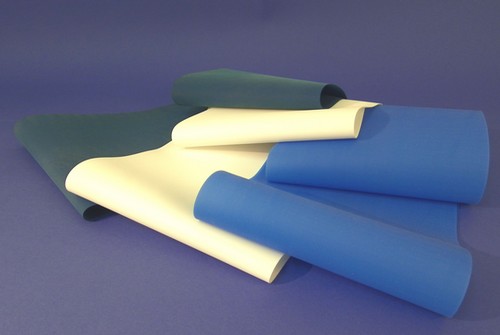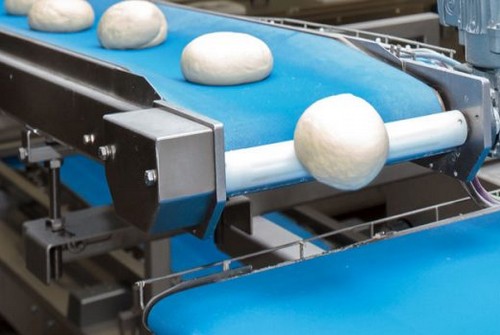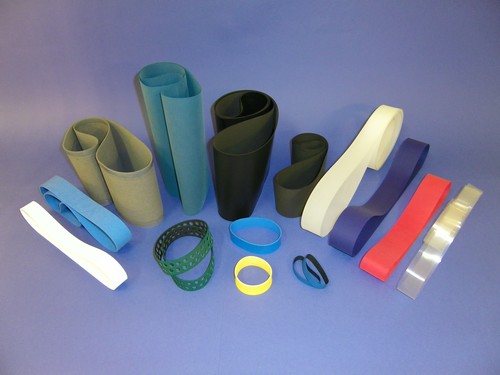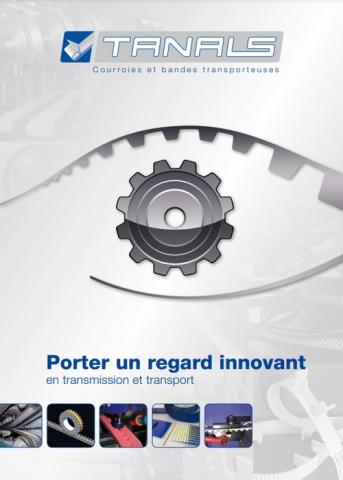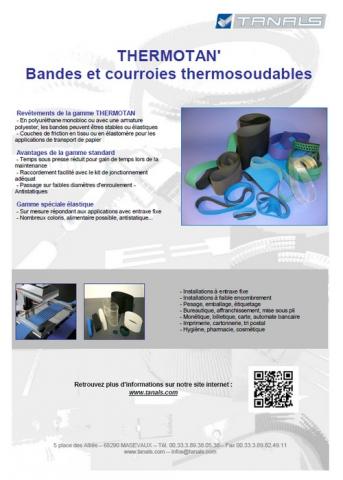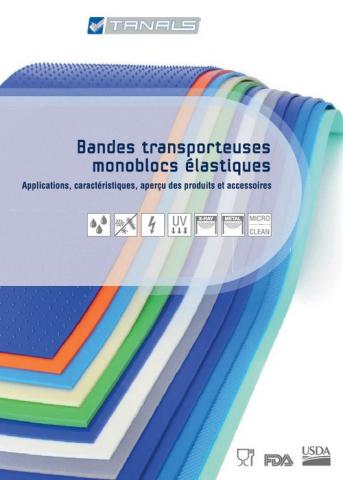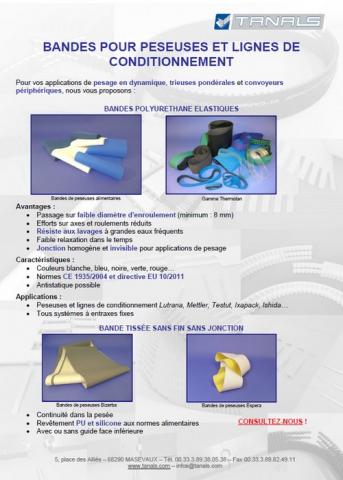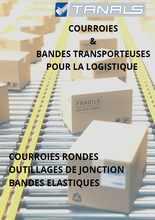Range of polyurethane elastic bands
Materials
We have developed our own belts for specific applications. To do this, we have developed a method for characterising materials and testing relaxation. We have tested the materials in our range, those of our partners and our colleagues, as well as other polyurethanes, in order to select the most interesting materials according to technical criteria (adhesion, abrasion resistance, etc.), service life (resistance to relaxation over time), stability (temperature, humidity) and price.
Thanks to our experience in the field of elastic belts (working in partnership with several major manufacturers for over 20 years) and our in-depth knowledge of the relaxation and ageing of our materials, we can offer you the solution best suited to your application, while ensuring optimum value for money.
Since 2012, we have been developing our own polyurethane with particularly high relaxation and abrasion performance, to make endless elastic belts and belt coatings.
The elastic belts are made of polyurethane, they can be detectable by metal detectors, resistant to hydrolysis, UV resistant, antistatic, and limit the development of microorganisms depending on the version.
These Conveyor Belts can comply with FDA and/or European regulations EC1935/2004 and EU/2011.
Splices
In order to obtain the most homogeneous belts possible for the most demanding applications, we have developed several splicing processes. (minimum length 80mm, invisibility of the splice, perfect homogeneity of the Belt, preservation of the structure of the base material, etc.).
We can also produce endless belts without splices under 2m in length. These belts can be structured, perforated, multi-layered, fitted with foam, etc.
Grinding
The need for perfect control of belt stiffness (to limit stress on the axles while ensuring the belt's function throughout its life after relaxation) has led us to develop two grinding machines that enable us to achieve +/-0.05mm thickness tolerance and particularly precise and stable coefficients of friction.
Each elastic product is specific, so we choose the most suitable material depending on the application and shape it (spliced or endless) to the required dimensions (the length at rest is calculated taking into account the permissible axial forces and the ability of the chosen base material to resist relaxation).
POSSIBILITIES
Length: from 80 mm to 6000 mm
Width: from 3 mm to 1000 mm
Thickness: from 0.6 mm to 6 mm
Hardness: 35 Shore A to 55 Shore D
Colours: black, blue, red, grey, yellow, white, transparent,
others on request...
Food suitability: FDA and/or EU 10/2011
Antistatic version
Temperature: stable PUs from -20°C to over 100°C


